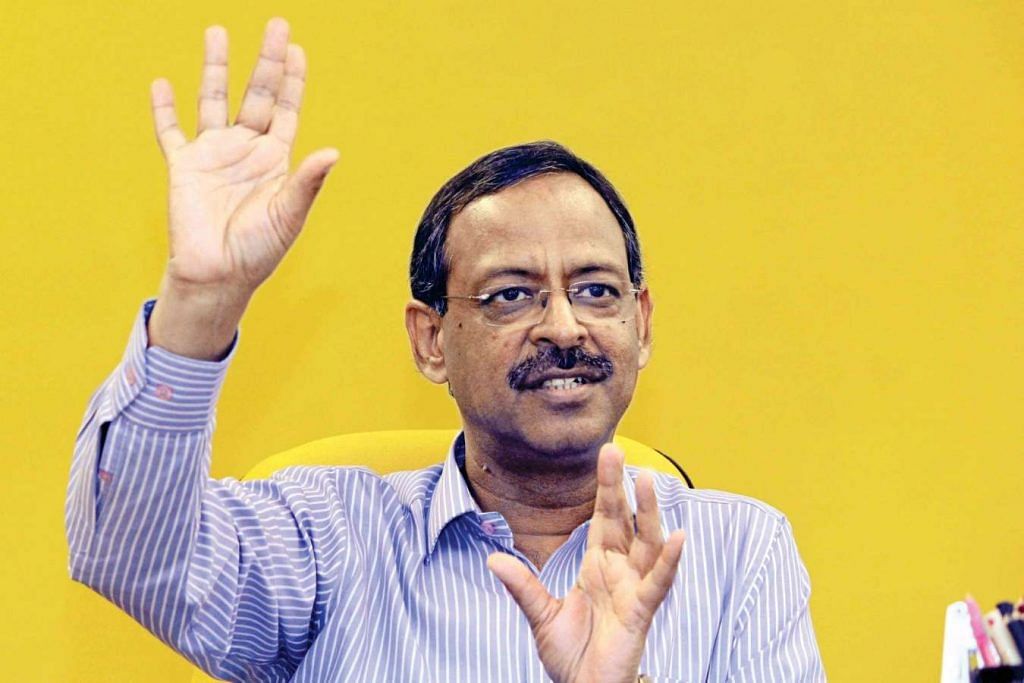The damage political crossfire does to governance is phenomenal, especially if honest IAS officers are implicated.
A tweet of mine about how IAS officers and other civil servants get caught in political crossfire caught the fancy of many Twitterati.
Officers getting caught in political cross fire is nothing new but extremely damaging for governance. Honest officers continue to suffer. Ironically the "rich" culprits fly away to cooler climes as the "machinery" is preoccupied finding technical faults to nail the poor honest.
— Anil Swarup (@swarup58) January 6, 2019
A few were extremely concerned about current governance practices, which are being influenced by decisions that appear to be politically motivated but have a long-ranging adverse impact on the system.
Some key questions deserve our attention:
Why do honest civil servants suffer in this crossfire?
Does this crossfire impact governance? How?
How do culprits get away?
Can honest officers insulate themselves from this crossfire?
But this is about the honest officers—the proverbial Harish Chandras of Indian bureaucracy who, more often than not, are not fully conversant with the machinations of politicians and political operators.
For a politician, civil servants are like tools to be used, misused and, on occasion, even abused. If an officer lets her guard down, she could be in trouble.
There could also be instances where the political boss disowns a decision that he or she consciously took (sometimes without mala fide intention) when it is subsequently ‘discovered’ that it was ‘wrong’.
The politician often gets away with it.
Also read: India needs Reforms 2.0 to save both bureaucracy and good IAS officers like H.C. Gupta
For instance, former Prime Minister Manmohan Singh had taken the final decision regarding the allotment of coal blocks during UPA-2 but passed the buck by telling the CBI that it was for the coal secretary to highlight guidelines vis-a-vis allocation.
If it could be done by a prime minister who had the reputation of being honest, it can be done by any politician.
The damage this crossfire does to governance is phenomenal, especially if honest officers are implicated. The officers feel dejected and frustrated. The ‘fence sitters’ among the civil services start having second thoughts about honesty being the best practice (policy).
And the dishonest feel mighty justified about their conduct. What could be more devastating? Decision making gets impacted. Such crossfire leads to distrust. Decisions are taken for ‘dishonest’ purposes or they are not taken at all, or they are inordinately delayed.
The culprits get away because the enforcement machinery is busy chasing the honest and does not have the time, energy, or inclination (on occasion, politically inspired) to pursue cases against the real ones.
The culprits are not only well-connected, they are well-endowed as well. Hence, it is much more difficult to ‘ground’ those who have the capacity to ‘fly’ away from the country.
Also read: Midnight orders and hurried transfers: Where Modi govt is going wrong with IAS officers
The great escape
Can a civil servant act in a manner that he or she doesn’t get caught in political crossfire? Yes, it is possible. It requires discipline, knowledge of rules and procedures and strict adherence to them, and some sacrifice. There is a cost to be paid either way. The choice is ours. Make it early and be prepared for the consequences.
The answer lies in my tweet. To insulate themselves from political crossfire, civil servants must have a clear understanding of procedures. It is here that he or she gets caught. Mere knowledge will not help. The civil servant has to have the courage to express it and formally bring it to the notice of the political decision maker.
It may not always be very ‘convenient’ to do so, but the price of not doing it may turn out to be higher than the immediate ‘annoyance’ of the politician.
And, finally, if the civil servant himself or herself is ‘desirous’ of a ‘return gift’, nothing will work.
They have a choice — they have to make that choice or ‘suffer’ the consequences.
Also read: This IAS officer scored 171 out of 170 at Harvard. Now, he plans to solve India’s problems
The author is a retired civil servant and former secretary in the government of India.
